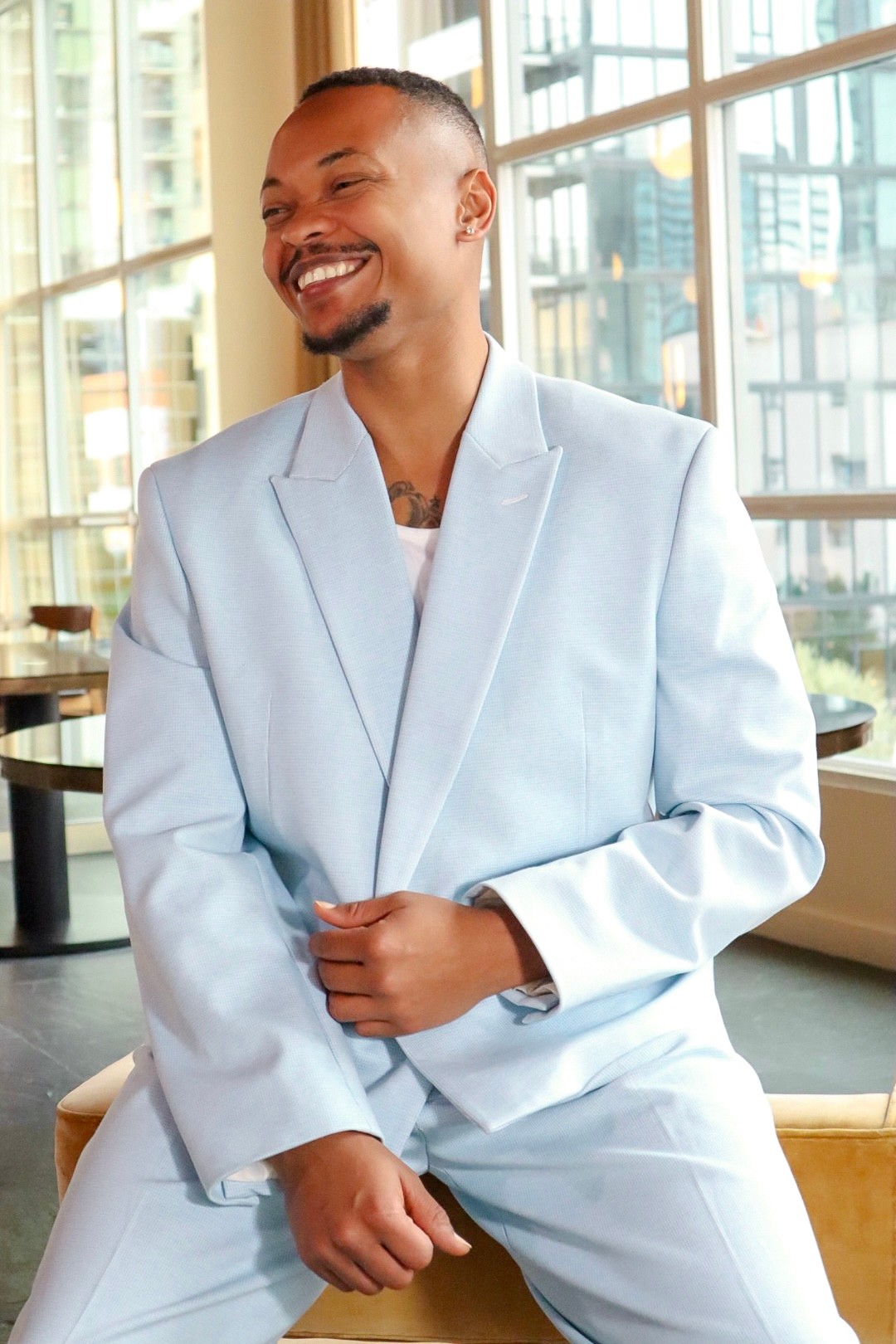We were lucky to catch up with Alscott Worrell recently and have shared our conversation below.
Alscott , looking forward to hearing all of your stories today. Can you walk us through some of the key steps that allowed you move beyond an idea and actually launch?
At the time, I was in my 6th year of education. I was working as the Director of Campus Operations for a middle and high school in Houston, Texas and we were on spring break. I didn’t waste any time getting on the road to NYC. I missed it so much, so the 25 hour drive didn’t bother me, but the music started to so I decided to ride in silence. For hours, I reflected on my life’s journey. Despite impacting many lives, I yearned for a career change because I was very unhappy. I’ve always believed that the things we love most as kids are the things that we also love as adults, but lose sight of because of the realities of adulthood so I started there. I made a deliberate effort to identify the things that brought me joy throughout my life. Four passions emerged: watching TV, writing, producing, and using my life experiences to inspire others. I was happy for the revelation but had no idea how I would put it into action. Eventually, my ADHD kicked in and my thoughts shifted, as I continued my drive in silence. Excitement about seeing my friends triggered memories of cherished moments I had shared with them. In a moment of inspiration, I found myself thinking, “That would make a great TV show.” It was an epiphany, and I knew I wanted to pursue a career in film and TV. Before returning to Houston, I completed a Shonda Rhimes masterclass. Once I got back I drafted my first pilot, then packed up and moved back to NYC where I shot my first pilot.While unfinished, the experience was invaluable and I took from that pilot, to craft what became my first two short films in 2020.
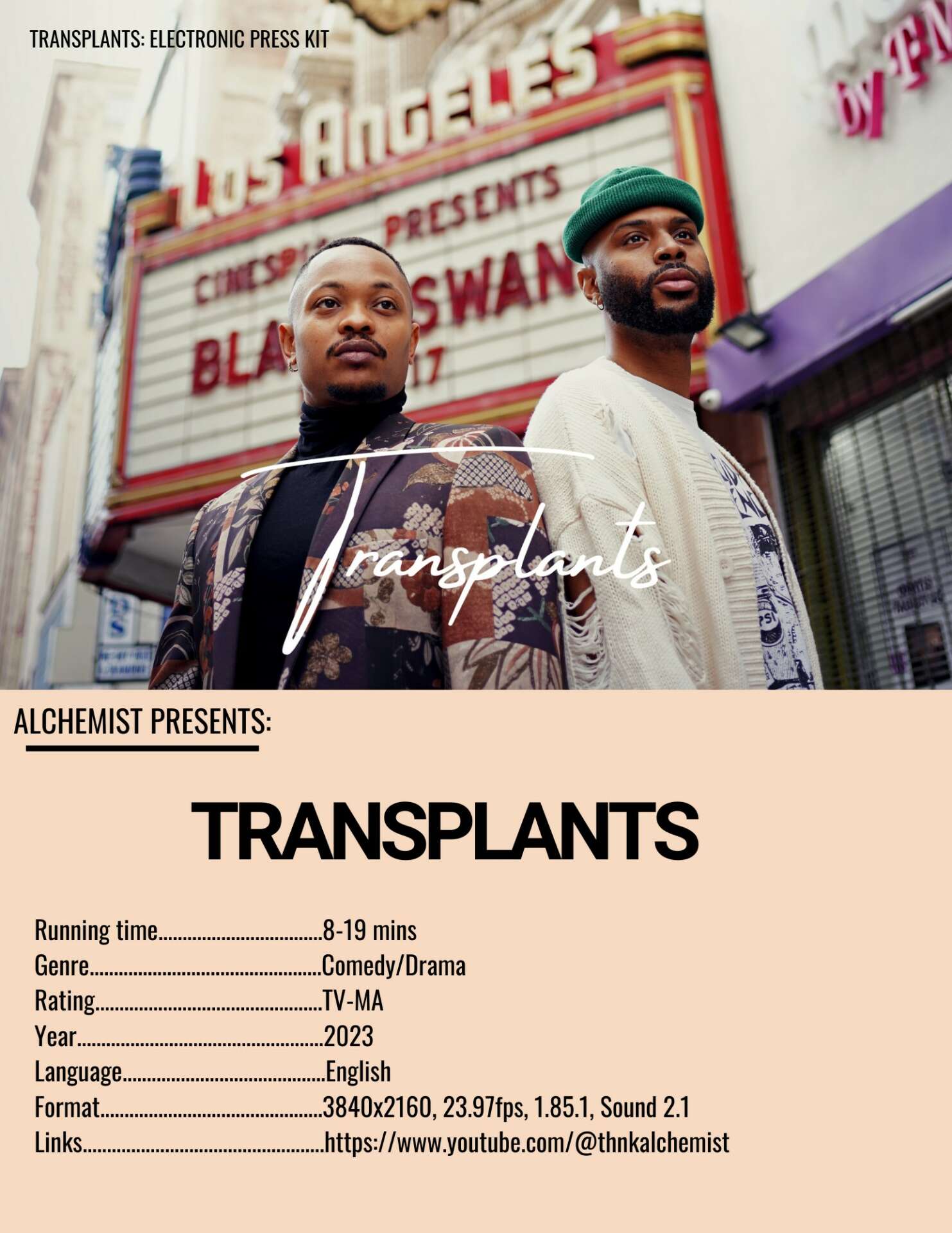
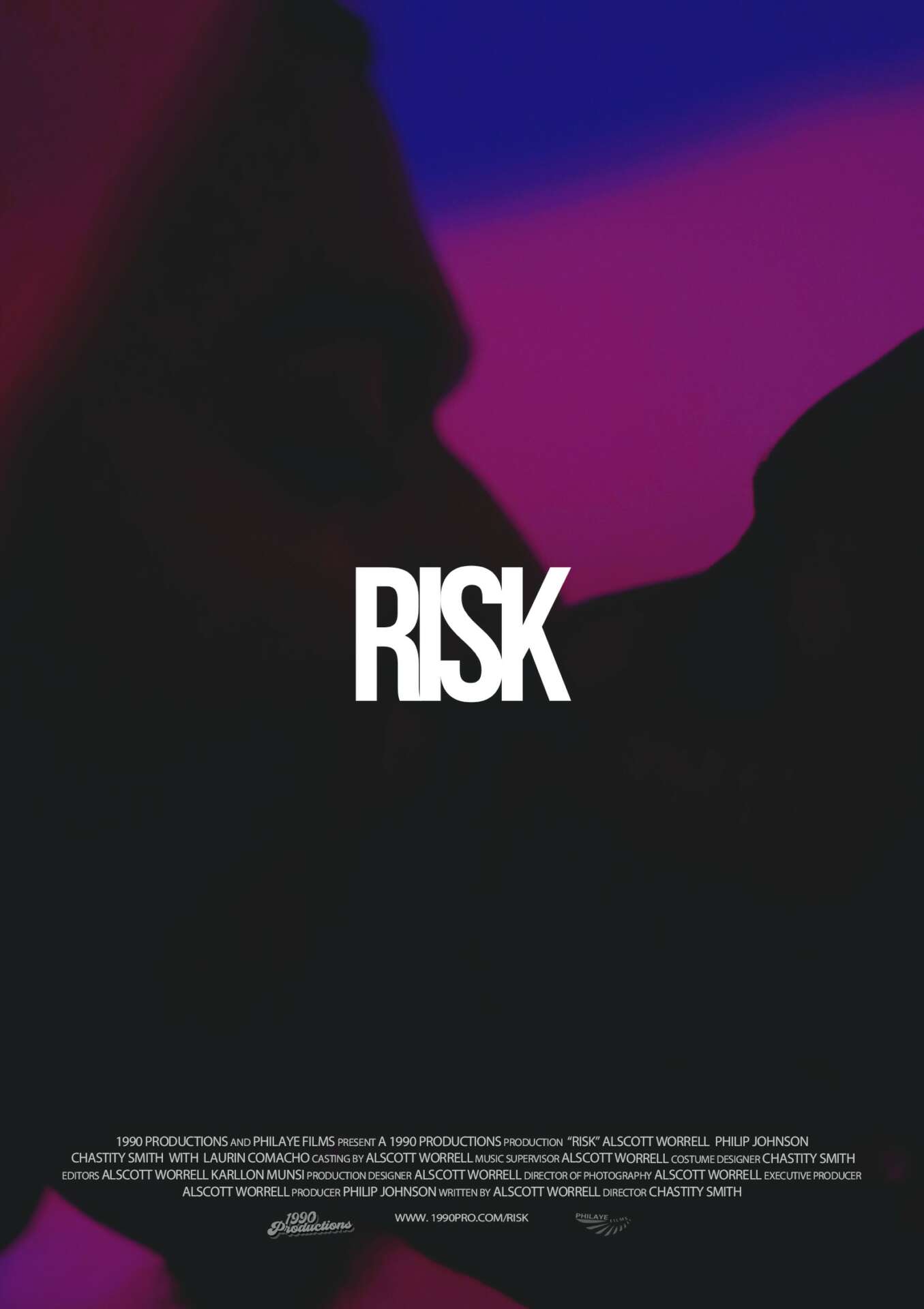
Great, appreciate you sharing that with us. Before we ask you to share more of your insights, can you take a moment to introduce yourself and how you got to where you are today to our readers.
I’m very proud of the way I’ve been able to uplift and support Black and Queer creatives. Despite not having a large platform, I’ve been instrumental in bringing other creatives stories to life, often using my knowledge and labor to support them. I’ve found myself providing mentorship for people who have less experience than me, teaching them what I’ve learned along the way. Whether that’s allowing them to work on set, providing feedback on a script, free labor, ect., I invest in others because we deserve to be invested in. This industry is tough and I have vowed to make it easier for Black and Queer creatives, not harder. This is why I am not afraid to build from the ground up because I know that it creates access for myself and other filmmakers from marginalized communities.
Can you share a story from your journey that illustrates your resilience?
Certainly! Here’s the improved version:
My very first digital series, “Everything’s Fine,” followed three friends living in Brooklyn. It was loosely based on my life as a teacher in Brooklyn. This project marked both my debut and my initial stumble. Moving on from its failure proved to be a significant challenge. It kicked off on a high note, with people showing genuine interest in the project. However, I soon realized I was in over my head. I lacked the know-how to manage a show, let alone guide others in bringing it to fruition.
There were days when actors wouldn’t show up on set, forcing me to re-write scenes. I lost my Director of Photography when I discovered he had overstated his experience and, in reality, wasn’t adept at shooting a TV show. Needless to say, everything began to unravel.
This failure became the catalyst for learning every single role necessary to conceive and execute an idea. It also transformed me into a more capable leader. I now possess the skills to communicate effectively with any department on a set, all in pursuit of realizing a shared vision.
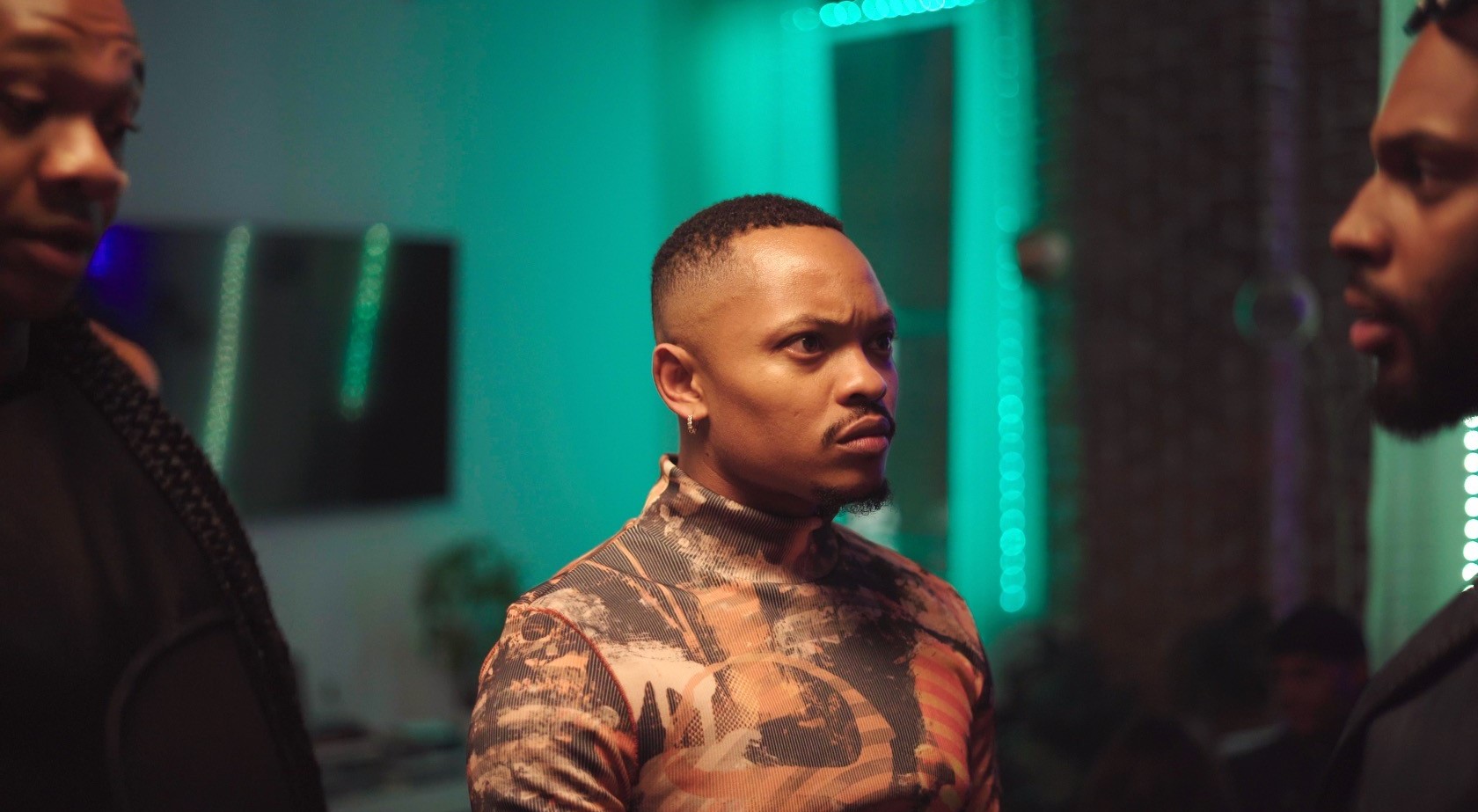
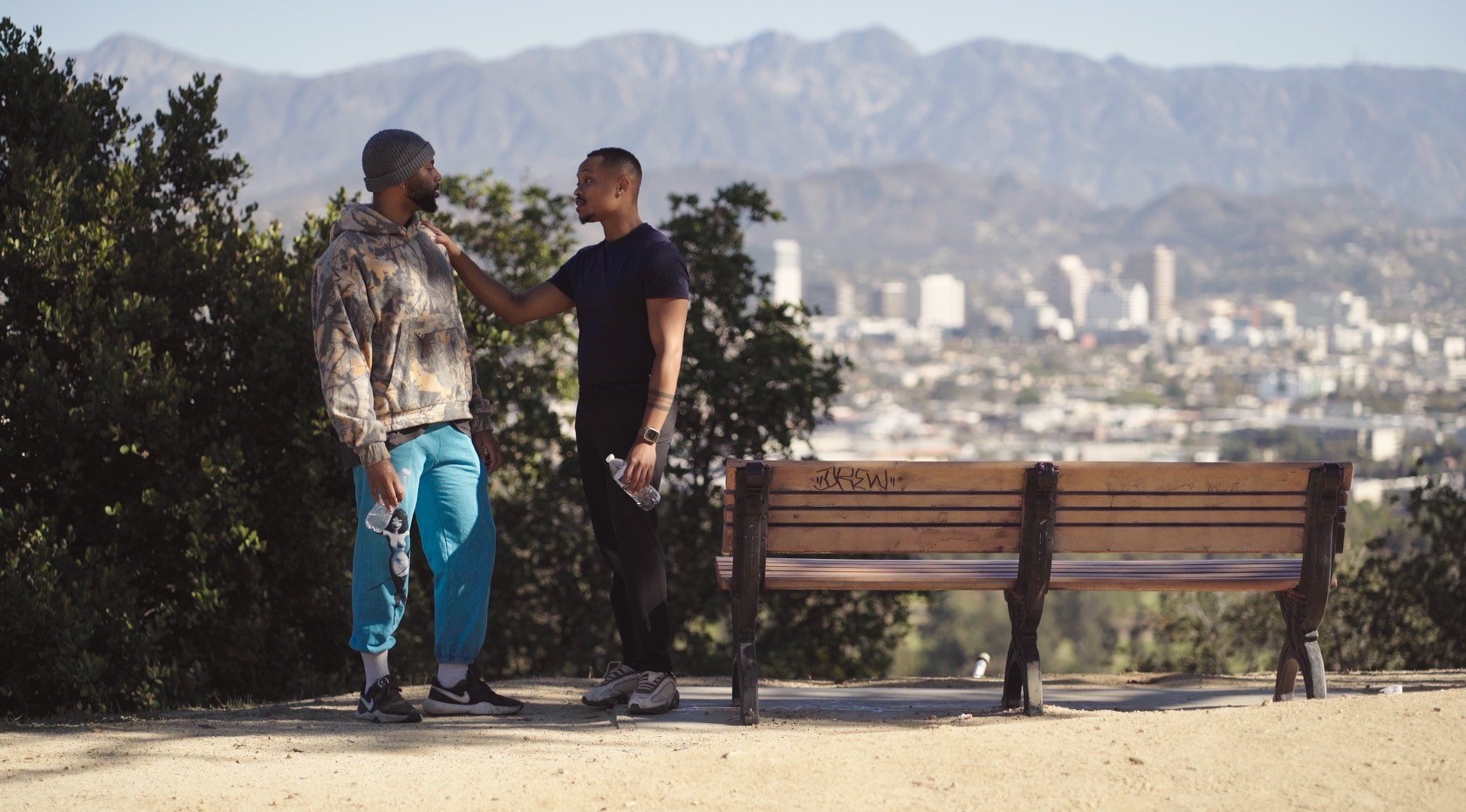
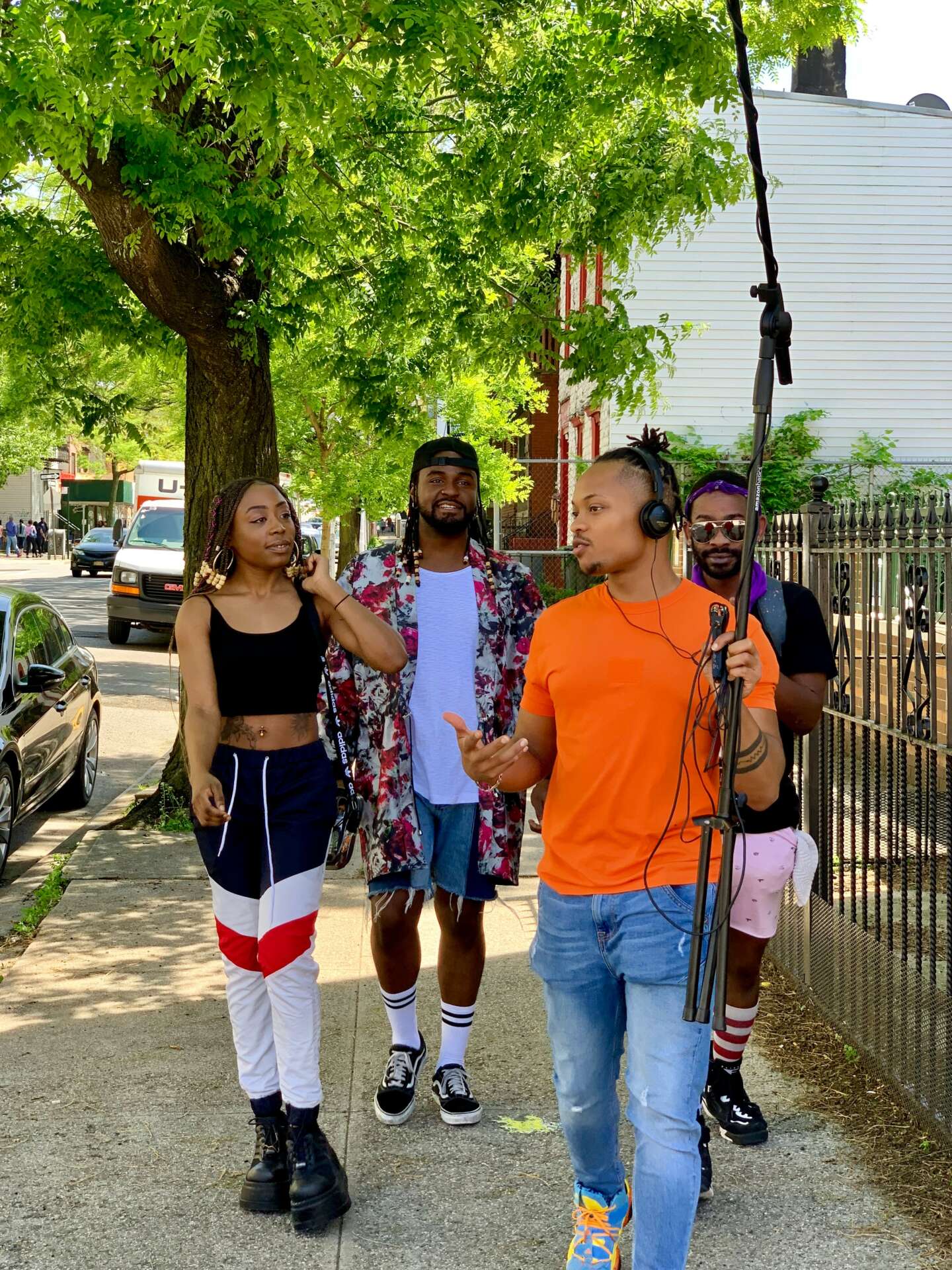
What’s the most rewarding aspect of being a creative in your experience?
The most rewarding aspect of being an artist is the ability to change lives through storytelling. With my series, Transplants, I’ve had so many people tell me that they watched the show and it made them want to leave the job that they were unhappy with or that they were able to learn about Rent Parties because of our episode focused on the parties that celebrated community and kept Black people housed. Storytelling is so powerful! Whether it be a book, film or tv show, there is power there. Power to inspire, to heal, to self-actualize. A show in particular that helped me is Michaela Coel’s ‘I May Destroy U’. Experiencing that show for the first time was an emotional rollercoaster. It was the first time I acknowledged that I had been sexually assaulted multiple times. There was so much trauma lying dormant in me and I had buried so far in my memory that I almost forgot that they happened. That show was based on an incident Michaela had experienced and she had been brave enough to share it with the world. Her sharing, allowed me to identify how those assaults had been hindering me in ways I hadn’t even known and from there I was able to begin healing. That’s powerful! To know that your experiences, your vulnerability can help others heal.
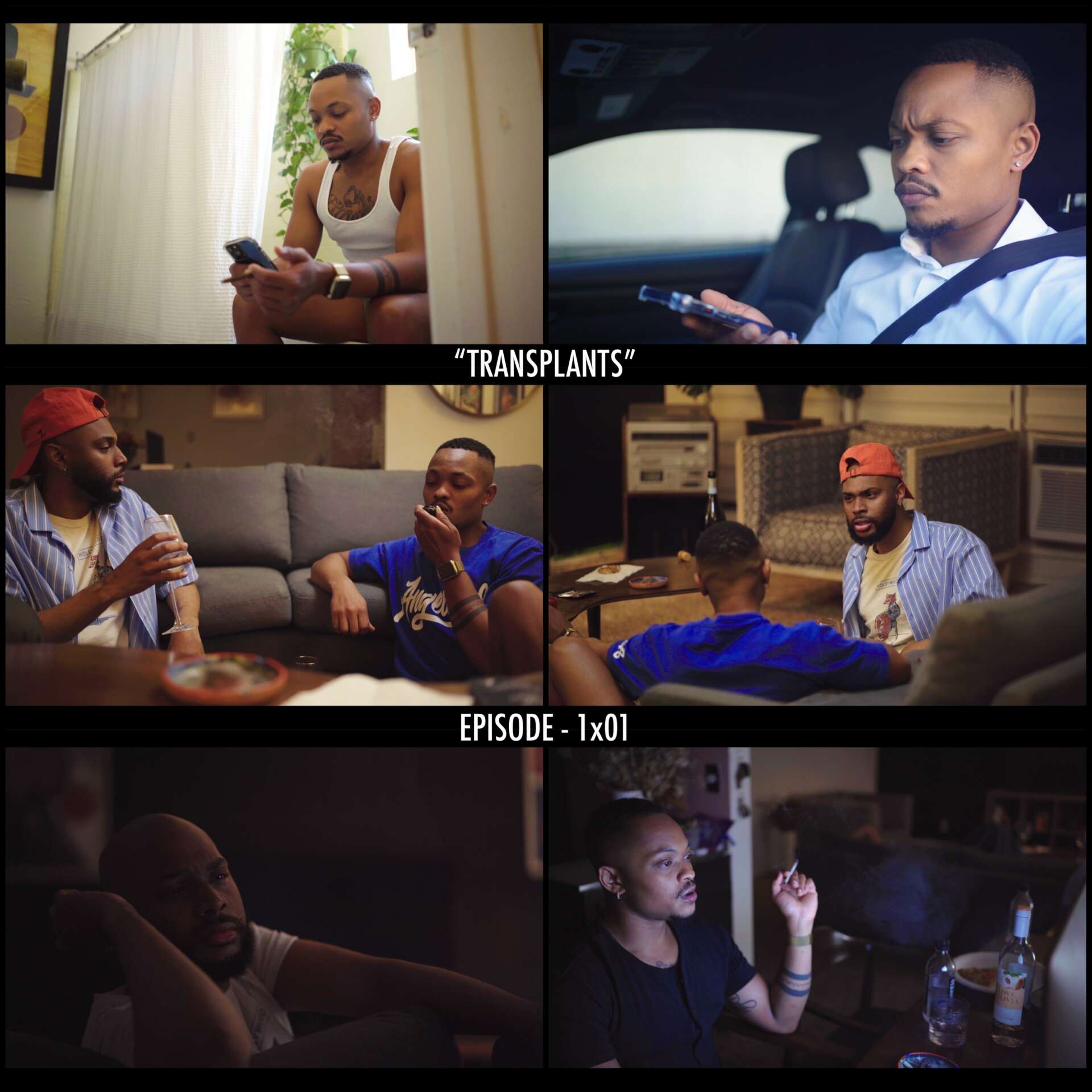
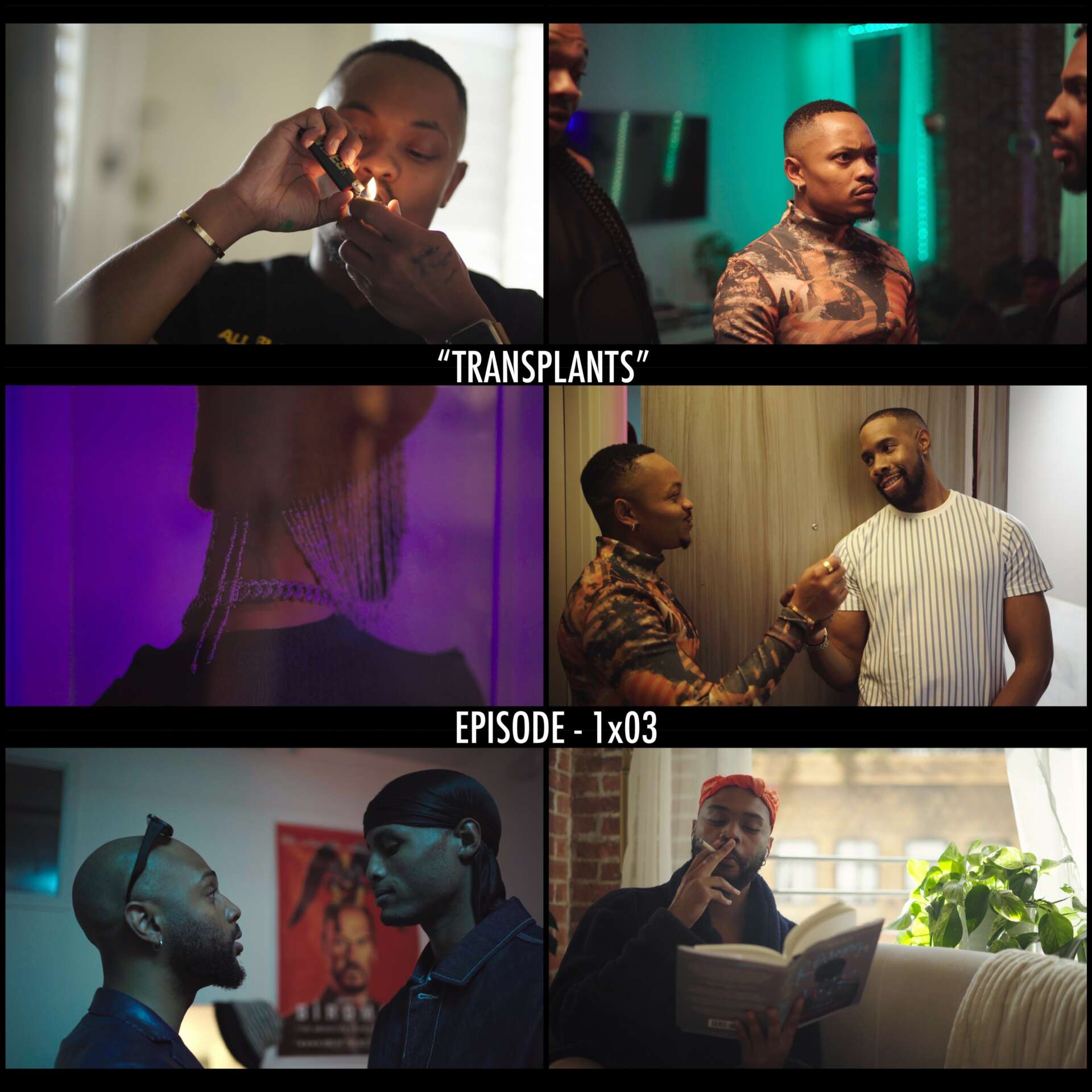
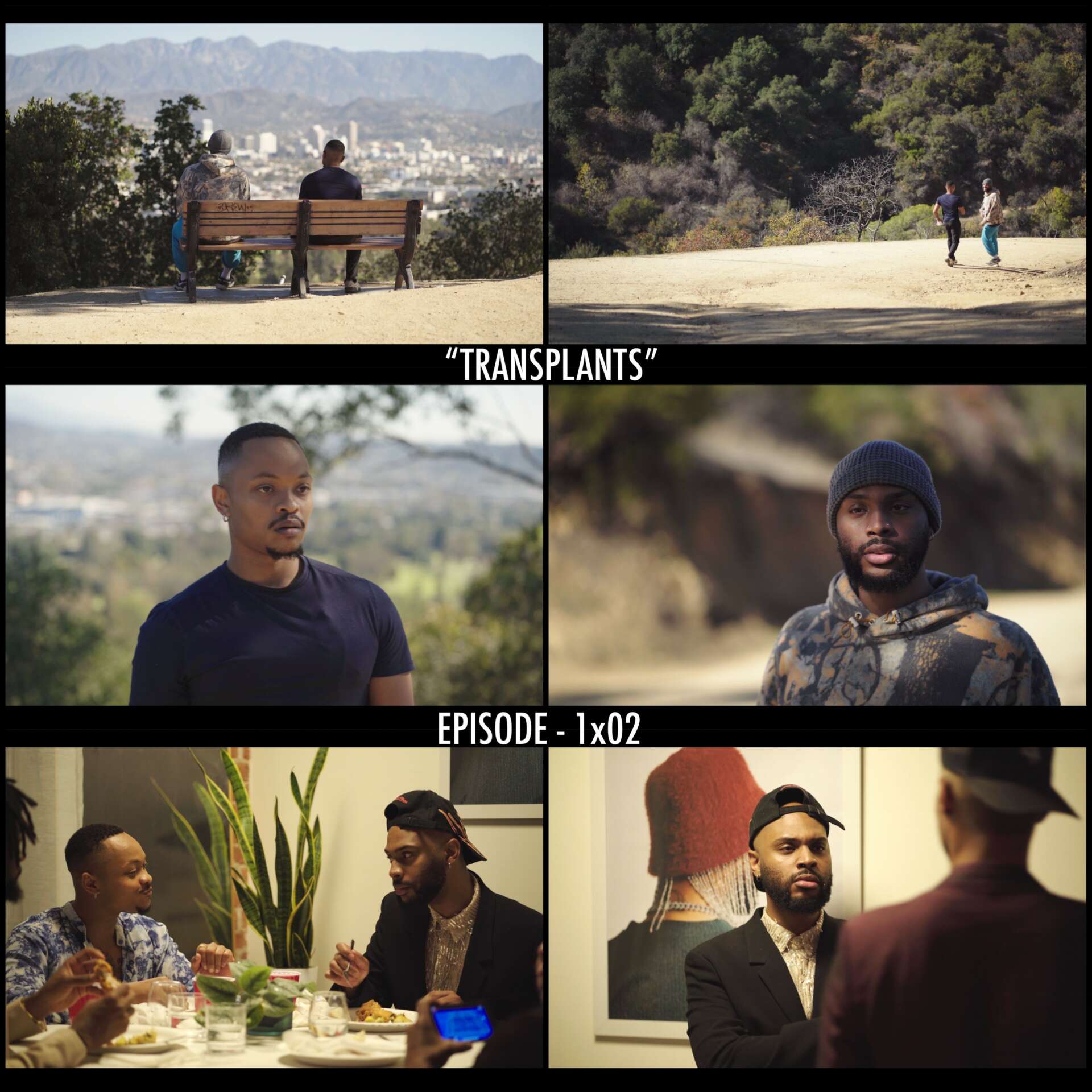
Contact Info:
- Website: www.thinkalchemist.com
- Instagram: www.instagram.com/hey.scott
- Twitter: www.twitter.com/alscottwrites
- Youtube: https://www.youtube.com/@thnkalchemist
- Other: https://www.imdb.com/name/nm14458425/
Image Credits
Roberto Hannibal AJ Lovelace


